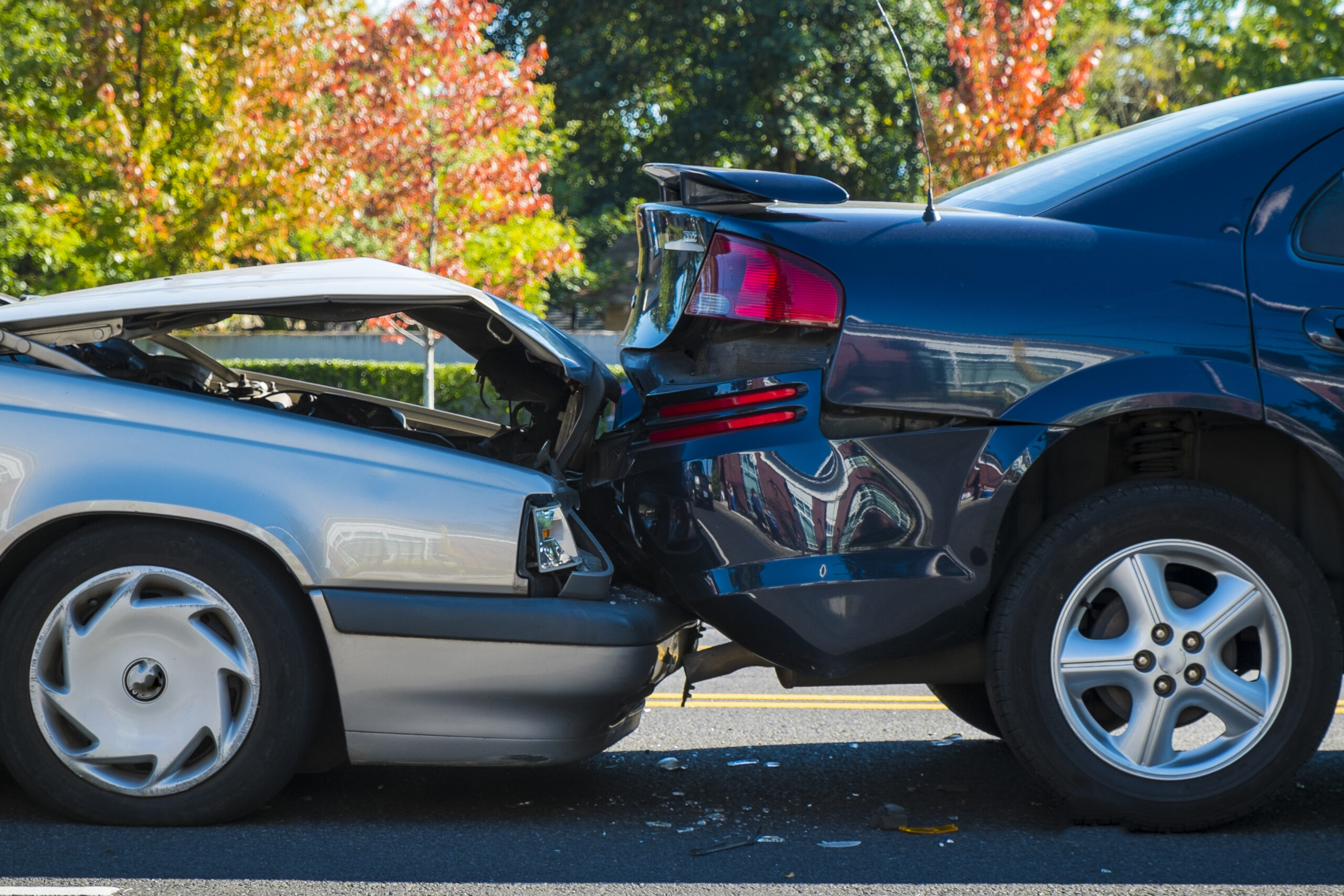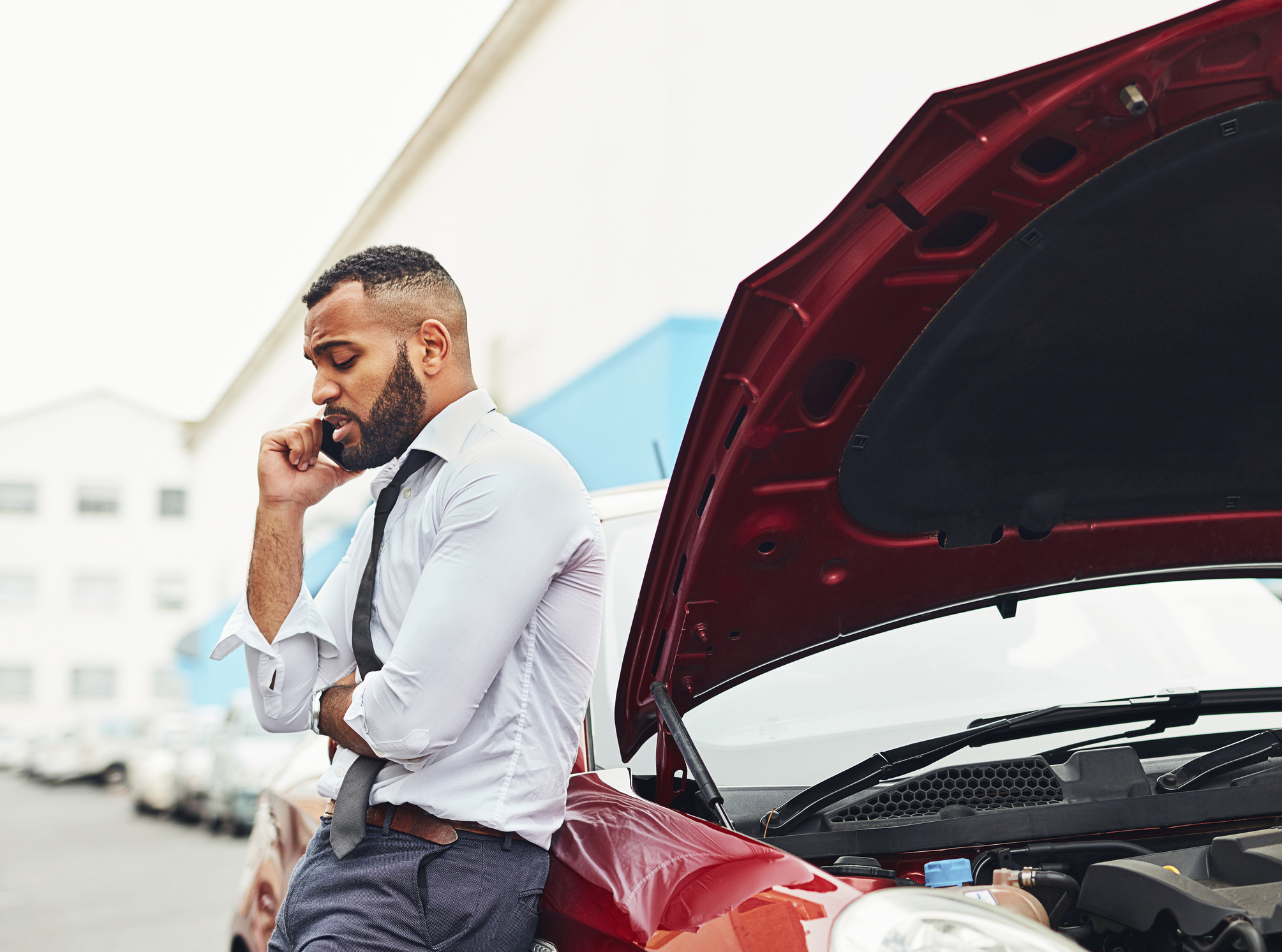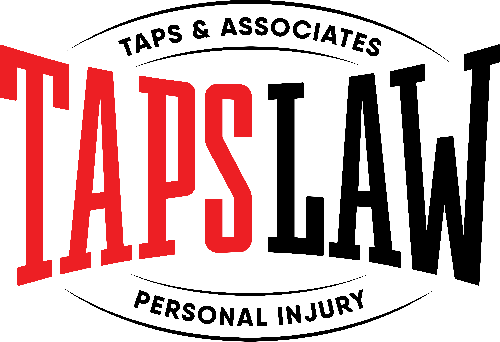Related Content
When Do I Need a Personal Injury Attorney?

What Happens if Someone Uninsured Hits Me?

How to Document Injuries from a Wreck

Can You Be Liable for Someone Else Driving Your Car?

What to Do After an Accident?

There are many scenarios where car lending occurs to someone other than the owner of the vehicle. So, what happens if an employer, parent, or other person loans a vehicle to another, and that vehicle is involved in an auto accident? Who pays? Will insurance cover it? These are common enough questions, but the answers will vary depending on a variety of factors. Read on to learn more about how auto liability insurance works, who has auto liability insurance, how to keep yourself protected, and what to do if you find yourself in need of a personal injury attorney in Atlanta, Georgia.
How Can You Be Liable for Someone Else Driving Your Car?
As the owner of a loaned vehicle, the burden of liability will most often fall on you in some shape or form. But understanding what your insurance will cover and what they won’t is important to know before handing over the keys. Consider the following common situations where you may allow someone to borrow your car and what liability you can expect:
- You are an employer, and you loan your car to an employee for work-related business. If the accident occurred during company hours as part of company work, the employer would be responsible for damages. If an employee took a work car without permission the employee would most likely be responsible. If the employee was allowed to drive a vehicle when he was known to be unfit, the employer would be liable.
- You loan your car to someone. If you gave permission for someone to borrow your car, your car insurance should cover them if they cause an accident. If the car-borrower has their own insurance policy, they may be required to use their policy.
- Your child borrows your car. Parents can be held civilly liable for vehicular damages if they gave express or implied permission for a minor (licensed or unlicensed) to drive a vehicle and the minor has a car accident.
- You knowingly allow an unfit driver to use your car. The car owner can be charged with negligent entrustment if they knowingly allow an unfit person to drive a car and it is involved in an accident.
Keep in mind that the owner of the vehicle is usually liable if the driver was negligent (i.e., reckless, impaired by alcohol or drugs, didn’t follow traffic laws). So, if you loan out your car and another person gets behind the wheel and causes an accident, your auto insurer should provide coverage for damages or injuries if the driver was using your car with permission.
Can Auto Insurers Deny Coverage?
Auto insurers can and do deny coverage if they find evidence to suggest that you authorized the other driver to operate your car with the intent of causing harm. Or, if an insurer discovers that you were reckless in allowing someone to use your car (i.e., knowing that the other person has a suspended license and then lending them your car).
In addition, any time you lend out your car or allow another person to drive it, be sure that he or she is covered under your auto insurance policy as a regular driver. This reduces—or possibly eliminates—your own auto liability exposure as well as provides protection for damages and injuries caused by the unauthorized driver.
How Does Auto Liability Insurance Work?
Have you ever found yourself in a situation where someone else drove your car, and then got into an accident? If so, how did it happen? Did they ask for permission first or was there some other agreement involved? How does auto liability insurance work in this situation? Well, the answer is quite simple. Liability insurance is designed to cover damages when someone who doesn’t own an automobile gets behind the wheel of one. It’s important to go over auto liability laws with whoever drives your vehicle because if they cause any damage while driving it, that person will be legally liable for paying off the debt incurred.
Understanding Vicarious Liability
If you are a business owner with employees who are tasked with driving for part of their job, you are at risk for vicarious liability. Vicarious liability holds you (the owner of the vehicle) responsible for actions that occur by another party who is working on your behalf. This means that as the owner, you can be liable for any injuries or property damage that are caused by the driver to whom you loan your vehicle. Most often, the vehicle owner’s insurance coverage will apply. Mitigating these circumstances may sometimes require the assistance of a professional personal injury attorney in Atlanta, Georgia.
Reduce company risk of vicarious liability suits by protecting your company from negligence suits. This can be done by:
- Creating a safe driving program that educates and trains employees on driving skills, how to reduce risks, and how to drive without distractions.
- Commit to annual or bi-annual motor vehicle record (MVR) checks to reduce negligence charges.
Steps you take now to protect yourself from unforeseen accidents can make all the difference in the long term. A crash your car borrower is in can go on your insurance record.
Protect Yourself by Asking Questions Before Handing Over the Keys
Decide now what you are going to do when someone asks to borrow your car. Studying out the pros and cons of car loaning can help protect you from carrying the liability for expensive, life-altering accidents. Do the following before planning on car loaning:
- Find out what is covered in your auto insurance policy. Know your risks and coverages so you can make an informed decision on car lending.
- Ask the potential driver if they have insurance. Make it clear that if an accident occurred, the borrower may have to reimburse some of the expenses.
- Discuss their out-of-state licensure/insurance. Make sure the driver’s out-of-state driver’s insurance policy will provide coverage in your state.
- Add the driver to your insurance. This is a good idea if the driver will be using your car regularly.
- Evaluate the competency of the potential borrower. You will be held liable if you knowingly allowed someone else to drive your car when they were unfit and then were in an accident.
- Be prepared and okay with saying no. There are situations when it just isn’t in anyone’s best interest to engage in car borrowing.
Many people purchase auto liability insurance policies to protect themselves in case they get into an accident and need to pay for damages out-of-pocket. Motor vehicle insurance can be confusing so don’t hesitate to talk with your insurance agent about what auto liability insurance is, and how it can work for you in your area.
When you need help navigating the legalese of an auto or motor vehicle insurance policy with a liability issue, don’t hesitate to reach out to the professionals at Taps & Associates. Our team will give you the personal care and attention you deserve to make sure your liability issues are dealt with fairly and accurately. Our experience with insurance companies and claims will ensure that you are properly compensated and receive the coverages owed in a timely manner. Contact Taps & Associates today at 404-492-8746 to get started.
